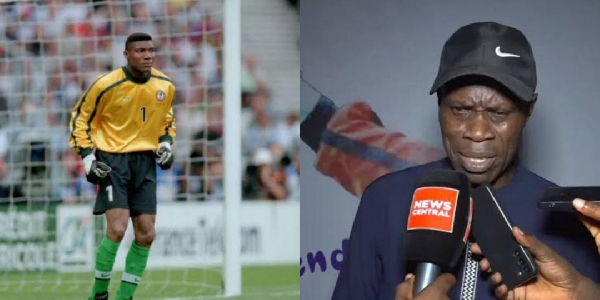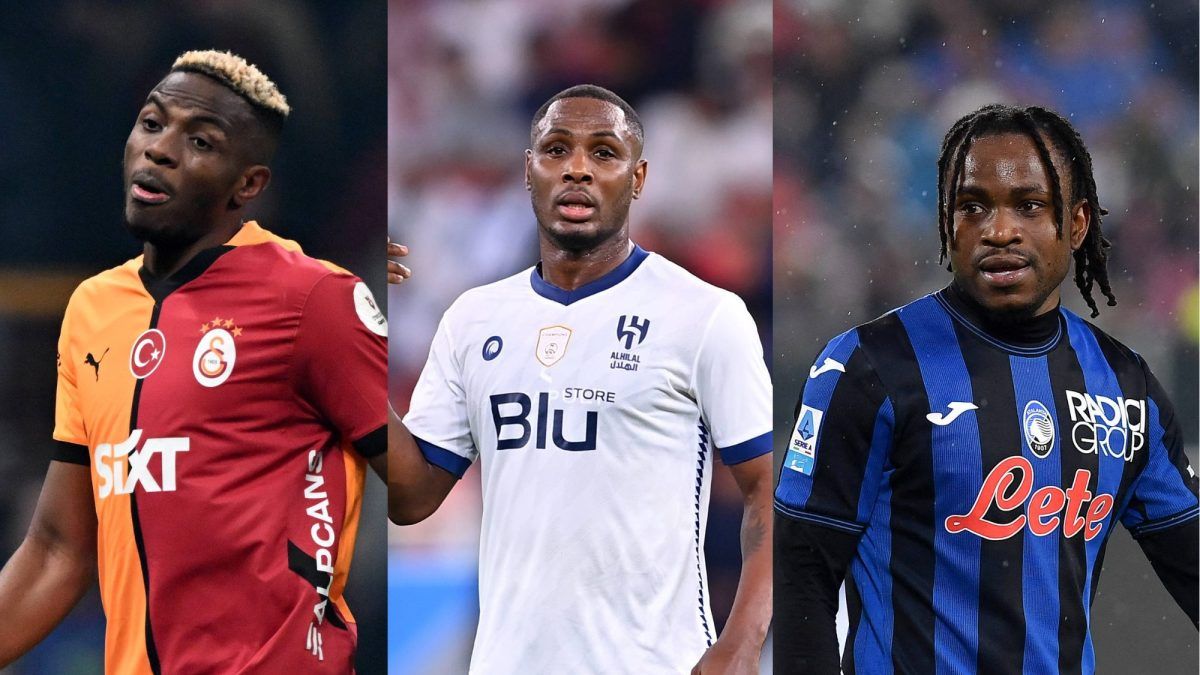Nigeria Mourns Peter Rufai: Taribo West Sparks Debate on the Neglect of Retired Athletes
In the vibrant yet emotionally charged streets of Lagos, a somber silence swept across the city on Friday, August 22, as family, friends, and football legends gathered to pay their final respects to Peter Rufai — a man who once stood as Nigeria’s last line of defense on the football field. The burial of the former Super Eagles goalkeeper, who passed away on Thursday, July 3, 2025, at the age of 61, was more than a farewell. It was a powerful reflection on the plight of retired Nigerian footballers, many of whom fade into obscurity after years of national service.
Farewell to a Goalkeeping Legend
Peter Rufai, affectionately known as “Dodo Mayana” by fans, was celebrated throughout his career for his unmatched reflexes, commanding presence, and leadership between the goalposts. From World Cup appearances to AFCON tournaments, Rufai was a symbol of Nigerian football excellence in the 1990s and early 2000s. But beyond the accolades and chants in stadiums, his life in retirement told a different, more somber story—one marked by limited support and minimal recognition from the country he served so loyally.
At his funeral in Lagos, mourners wept openly, overcome with grief. The emotional atmosphere served as a heartbreaking reminder of the fragility of fame and the lack of a structured support system for retired athletes in Nigeria.
Taribo West Delivers a Bold Message
As the sun began to set and cast a golden hue over the mourners, former Super Eagles defender Taribo West stepped forward to address the gathering. Known for his iconic green braids and fearless tackles on the pitch, Taribo delivered an emotionally charged speech that resonated far beyond the cemetery walls.
“With the way they’ve treated the likes of Stephen Keshi and Thompson Oliha, I would never encourage my son to play for this country,” Taribo said, his voice heavy with pain and frustration.
His words cut deep—highlighting the harsh reality many ex-footballers face once their playing days are over. Despite years of bringing pride and joy to millions of Nigerians, many former athletes are left to struggle in silence, lacking adequate pensions, medical care, or career transition support.
A National Wake-Up Call on Retired Athletes’ Welfare
Taribo West’s remarks have since ignited a national conversation about the treatment of Nigerian sports heroes. His comments, echoing the sentiments of many in attendance, emphasized the urgent need for reform in how Nigeria supports its retired footballers and athletes.
The fate of Stephen Keshi, a national icon who also faced similar neglect before his death, loomed large in the collective memory. The same pattern has repeated with names like Thompson Oliha, whose passing underscored how even legends can be forgotten by the very institutions they once uplifted.
Peter Rufai’s Legacy and the Road Ahead
Peter Rufai’s journey—from inspiring a generation with his saves to fading into relative obscurity in retirement—has become symbolic of a broken system. His funeral served as a painful yet necessary reminder that national heroes deserve national care, not just applause during their peak years.
Rufai was more than a goalkeeper; he was a role model, a leader, and a patriot. The neglect he reportedly faced in his final years highlights the pressing need for Nigeria to rethink how it treats its sporting legends after retirement.
As mourners left the funeral grounds, the mood was reflective. Many silently pledged to be part of the change—to advocate for structured pensions, health insurance, and post-career opportunities for retired athletes. The hope is that future generations of Nigerian footballers won’t have to choose between passion and survival.



https://shorturl.fm/TDPwE
https://shorturl.fm/RQMAy